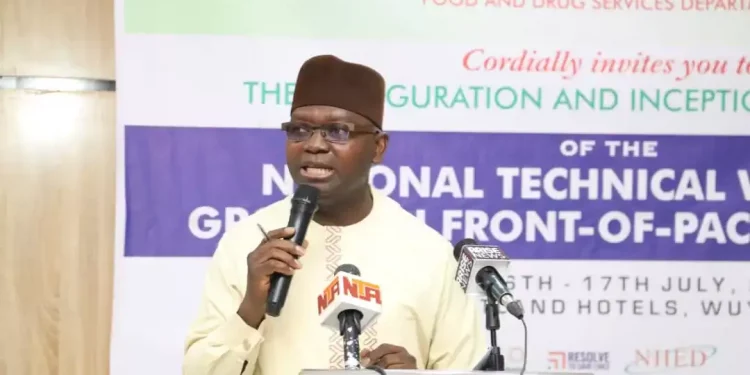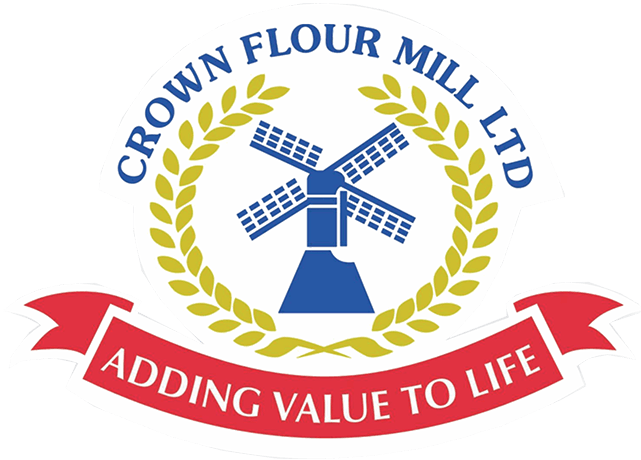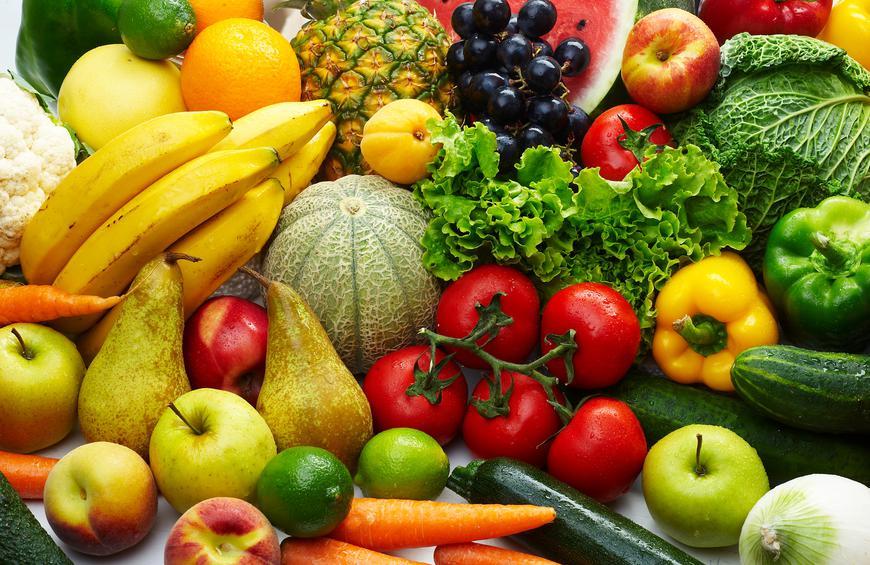The Federal Government has warned that excessive sodium consumption is no longer just a public health issue but an economic concern that demands coordinated national action. It raised the alarm in Abuja during a media engagement on sodium reduction and front-of-pack labelling (FOPL) held to mark World Food Day 2025.
With the global theme “Hand in Hand for Better Foods and a Better Future,” government officials said Nigeria is facing a growing wave of preventable, diet-related non-communicable diseases such as hypertension, heart disease, and stroke, now affecting working-age populations.
They stressed that poor dietary habits reduce household income, weaken workforce productivity, and increase healthcare expenses for families and the state. Reducing sodium intake, therefore, was described as both a health and economic necessity.
Nigeria is currently advancing the draft Sodium Reduction Regulation and a national FOPL framework, in line with the World Health Organisation’s SHAKE Package. The objective is to give consumers clear, visible nutrition warnings on packaged foods and compel food manufacturers to reformulate high-salt products.
According to policy leads at the meeting, the country’s average daily sodium intake stands at 3.9 grams nearly double the WHO-recommended limit of two grams. To address this, the National Guideline for Sodium Reduction (2024) sets mandatory targets for over 30 processed food categories.
Nigeria plans to implement a phased sodium reduction, 15 per cent by 2027 and 30 per cent by 2030 to allow industries to adjust without disrupting taste preferences. FOPL will be guided by a nutrient profile model, balancing positive nutrients such as fibre and protein against harmful ones like saturated fat, salt, and sugar.
Regulators such as NAFDAC and the FCCPC will play central roles in enforcement, but industry players. Particularly, food processors, manufacturers, and retailers will be required to reformulate products and share best practices. Data gaps and monitoring frameworks were identified as key challenges to be resolved for effective implementation.
International partners at the event commended Nigeria’s leadership, insisting that food quality must now be treated with the same urgency as food availability. They noted that excess salt consumption contributes to nearly two million deaths globally each year, weakening economies through avoidable illnesses.
Experts emphasised that sodium reduction and FOPL policies address both supply and demand. They encourage manufacturers to produce healthier foods while allowing consumers to make informed choices without needing scientific knowledge.
They called on the media to translate policy and data into relatable narratives that can influence behaviour change at the community level. “Better health begins with better information,” speakers said, urging public awareness to move beyond calorie counting to ingredient transparency.
For small businesses across the food value chain from local snack producers to retail outlets , the proposed sodium regulations and labelling rules may soon require changes in packaging, recipes, and marketing. But stakeholders maintain that early compliance will offer a competitive advantage in a market increasingly driven by health-conscious consumers.
Nigeria’s sodium reduction campaign signals a broader shift towards nutrition-focused food policy, positioning better diets as critical to national productivity and long-term economic resilience.










